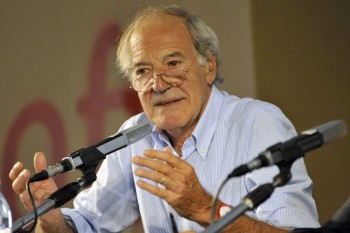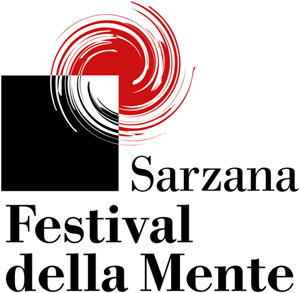2011 Programme
Evento n.17
Salvatore Veca
On philosophical imagination
Two images can be useful in giving an idea of how philosophical imagination works. One is the exploration of connections, where the explorer, much like someone trying to weave a net in order to catch as much fish as possible, will connect and intertwine ideas, notions, speculations, hypotheses in order to offer a new perspective on ourselves and on the world. The second image is the cultivation of memories, where the subject is aware that philosophical imagination is nurtured by the past and its complex tradition. If the explorer of connections is fascinated by the idea of being able to say the last word on a subject, the person who cultivates memories will remind him of the inevitable fate of the last word, destined to be turned into the one before last. In philosophy, as in science and in art, imagination and research are endless.
teaches philosophy at the Istituto Superiore di Studi di Pavia, where he acted as vice-rector from 2005 to 2013. The honorary president of Fondazione Feltrinelli, he directed its Laboratorio Expo and curated the Carta di Milano expo 2015. He is president of Fondazione Campus di Lucca, of the Awards Committee of Fondazione Balzan and of the Casa della Cultura in Milan. He is a director of the publications Rivista di filosofia, Iride and the European journal of Philosophy. His latest books include: L’idea di incompletezza. Quattro lezioni (2011), L’immaginazione filosofica e altri saggi (2012), published by Feltrinelli; Un’idea di laicità (il Mulino, 2013); Non c’è alternativa. Falso (Laterza, 2014); La barca di Neurath. Sette saggi brevi (Edizioni della Normale, 2015); Il giardino di Camilla (Mursia, 2015).
Evento n.6
Zygmunt Bauman
Reflections on the notions of community and network, on social networks and Facebook

Evento n.14
Gian Carlo Calza
Different, eccentric, extraordinary: aesthetics and creativity between Asia and the West

Evento n.26
Franco Borgogno
In other people’s hearts and minds. A psychoanalyst between tradition and creativity

Evento n.37
Sonia Bergamasco, Fabrizio Gifuni
A quiet sunny day. Attilio Bertolucci and Pier Paolo Pasolini, a friendship in verse






















